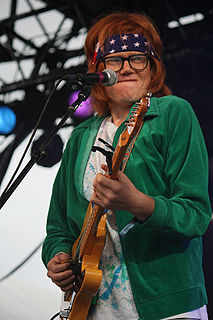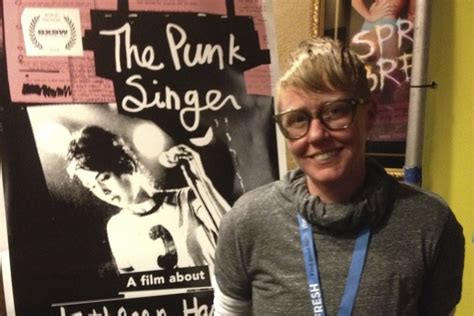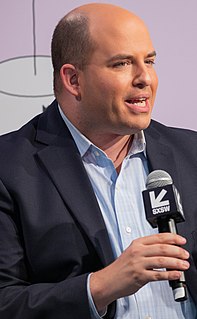A Quote by Albert Einstein
I very rarely think in words at all. A thought comes, and I may try to express it in words afterwards.
Related Quotes
I know musicians who think that drumming and guitaring can be very meditative, but singing is different because when you think about things, you put words to them. So I try to just stay present most of the time, I try not to let my mind wander and I also try not to clear my mind. I like to still have thought and be aware of people and whatever that's happening, but I also like to just focus on the words that I'm saying.
It is probably impossible to think without words, but if we permit ourselves to think with the wrong words, we shall soon be entertaining erroneous thoughts; for words, which are given us for the expression of thought, have a habit of going beyond their proper bounds and determining the content of thought.
I have this theory that the more important and intimate the emotion, the fewer words are required to express it. For instance in dating: 'Will you go out with me?' Six words. 'I really care for you.' Five words. 'You matter to me' Four words. 'I love you.' Three words. 'Marry me.' Two words. Well, what's left? What's the one most important and intimate word you can ever say to somebody?
'Goodbye...'
I don't think there is any scientific evidence about the question of whether we think only in language or not. But introspection indicates pretty clearly that we don't think in language necessarily. We also think in visual images, we think in terms of situations and events, and so on, and many times we can't even express in words what the content of our thinking is. And even if we are able to express it in words, it is a common experience to say something and then to recognize that it is not what we meant, that it is something else.
Words outlive people, institutions, civilizations. Words spur images, associations, memories, inspirations and synapse pulsations. Words send off physical resonations of thought into the nethersphere. Words hurt, soothe, inspire, demean, demand, incite, pacify, teach, romance, pervert, unite, divide. Words be powerful.
Words may be either the servants or masters. If the former they may safely guide us in the way of truth. If the latter they intoxicate the brain and lead into swamps of thought where there is no solid footing. Among the sources of those innumerable calamities which from age to age have overwhelmed mankind, may be reckoned as one of the principal, the abuse of words.




































